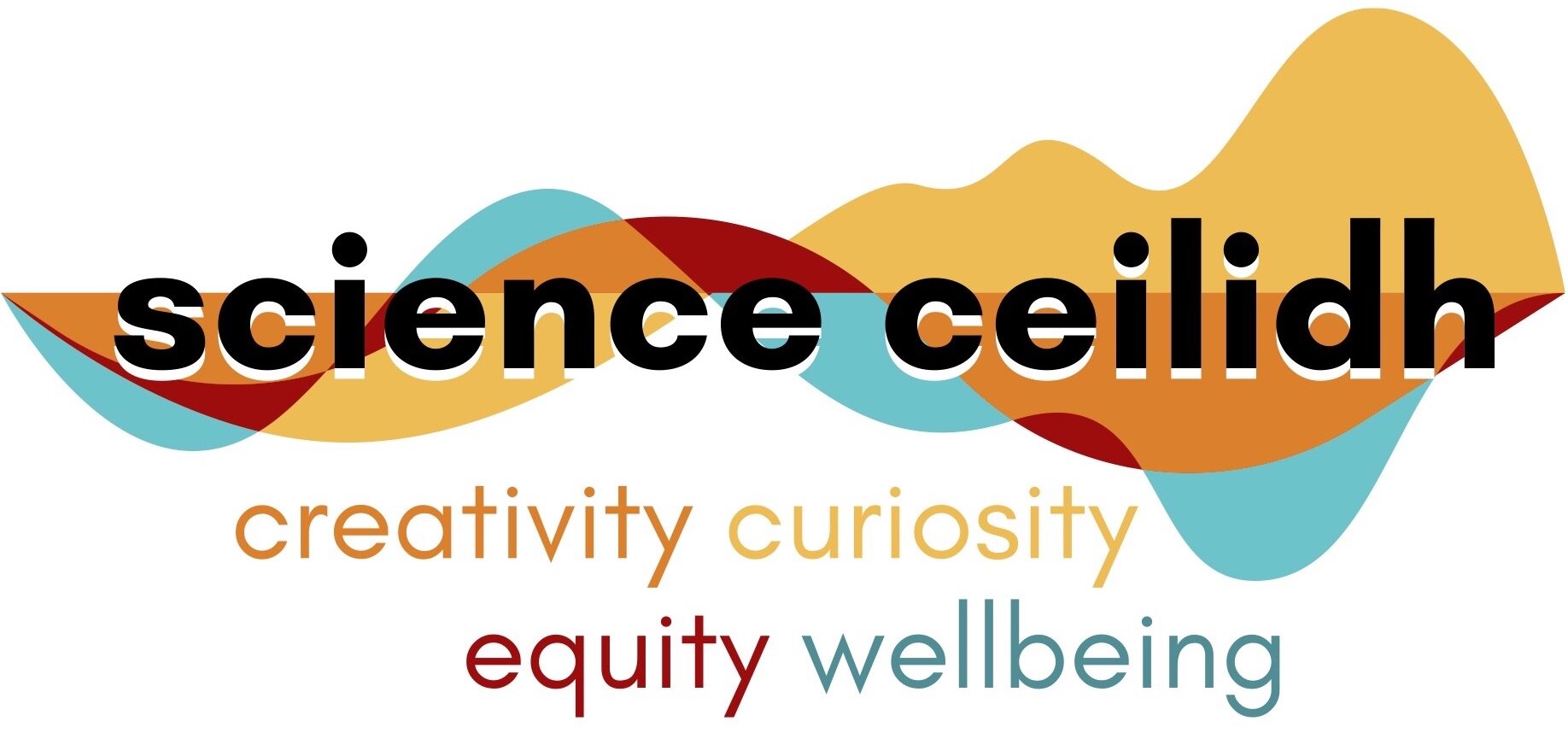Curiosity in Action update
We are now 6 months into the Curiosity in Action programme with just 2 months left of the programme for the first cohort! During this time, the 5 partnerships of youth groups and researchers have been planning, delivering and reflecting on STEM-themed sessions with the youth groups. This has included two wider action research meetings with all the partnerships to collectively explore what has been working well, what has been challenging and suggestions for moving forward. At our most recent action research meeting, we were joined by Debbie Mathers, STEM Ambassador programme manager, who spoke about the opportunities available through the STEM Ambassador programme for both youth groups and researchers.
The first session for each of the partnerships involved the researcher joining the group for one of their typical sessions to start building a meaningful relationship with the young people, without any pressures of hosting the session or running any activities. Since then they have been exploring various STEM themes tailored to the interests of the young people, youth workers and researchers in the partnership. This has included exploring states of matter through a movement-based activity, creating life-sized spacesuits from recycled and craft materials, learning about refrigeration using thermal cameras and a live telescope demonstration.
A shared highlight among the youth workers has been the young people’s excitement at having real scientists join the sessions. This has been appreciated by the researchers who are going along to the sessions with one of the researchers sharing that the young people are becoming more comfortable with them and asking more questions about their work each time they go to a session. Throughout the programme, there have been lots of STEM-themed activities shared among the group. This has been mentioned as a useful element of the project in allowing the partnerships to explore complex topics in fun and engaging ways. The youth workers have mentioned that through exploring activity ideas together, they have realised they have been delivering STEM activities previously without realising it. At the second action research meeting, there was a conversation about how the young people engage particularly well with sessions involving food. This led to a group of placement students working with Science Ceilidh creating ‘The Science Cookbook’ which is a booklet of edible STEM-themed activities! A highlight for the researchers has been learning what elements of their research the young people find interesting and exploring this through activities with them. One of the researchers didn’t expect the young people to find their research interesting or relevant to them. The young people really engaged with the topic and asked lots of questions about their work leading to them extending exploring their research with the young people into the following session.
One of the key challenges the groups have been facing is collecting evaluation data from the young people during the sessions. The main observations around this have been that it is difficult to find the time within a session and that the young people often provide different answers/ratings on a form compared to in conversation with the youth workers. As a group, we are currently exploring ways to make collecting feedback from young people more enjoyable and reliable. The researchers in the group have shared that a particular challenge for them has been anticipating and adapting to the young people’s energy levels and engagement throughout a session. They have found it reassuring to know this is characteristic of youth groups and that other groups are having the same experience. To manage this as best we can, we are planning the sessions to make sure there are activities the young people enjoy that let them burn off energy as well as having scheduled breaks for the young people to have some downtime. Coordinating schedules to create time to meet and plan and reflect on sessions has been a challenge across many of the partnerships. Both the youth work and the research sector are often stretched for capacity and juggling multiple projects which can make it difficult to find a regular time to meet.
In the next two months, the groups will be planning and delivering their final couple of sessions. We are starting to explore how we can write up and present our learning from the programme more formally so that it can be used to support researchers and youth groups hoping to do similar projects.
We are also hosting free online training sessions throughout 2024 and 2025 to explore how we can use STEM in a youth work-based approach for youth workers, CLD practitioners (including early years) and researchers (including PhD students). Register for the training sessions here.
The programme is facilitated by Science Ceilidh in partnership with Youth Link Scotland and is funded by the Science and Technology Facilities Council (STFC).




